Millie Dillmount, a fearless young lady fresh from Salina, Kansas, determined to experience Life, sets out to see the world in the rip-roaring Twenties. With high spirits and wearing one […]
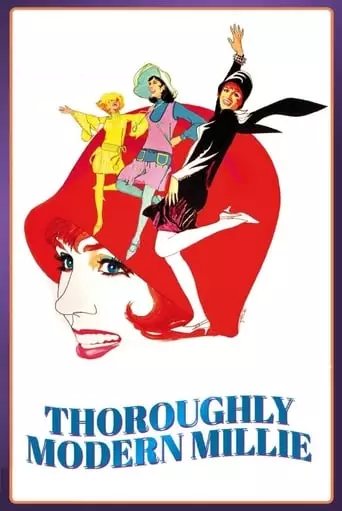
Millie Dillmount, a fearless young lady fresh from Salina, Kansas, determined to experience Life, sets out to see the world in the rip-roaring Twenties. With high spirits and wearing one […]
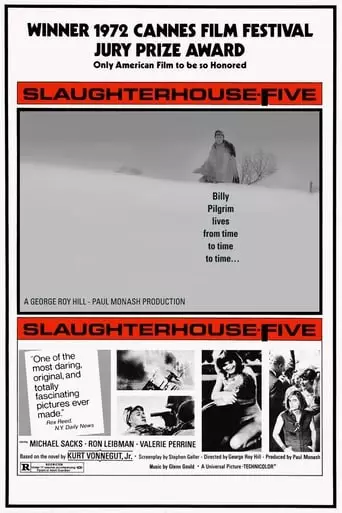
Billy Pilgrim, a veteran of the Second World War, finds himself mysteriously detached from time, so that he is able to travel, without being able to help it, from the […]
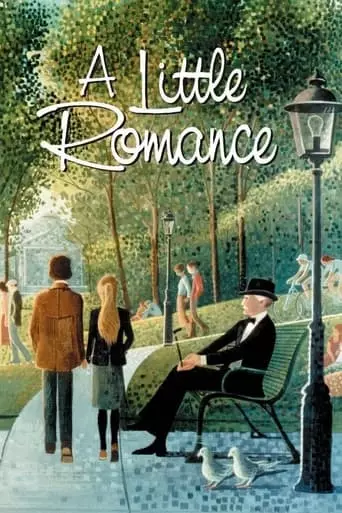
A young American girl and a young French boy meet in Paris and fall in love, with the assistance of an old man and his stories.
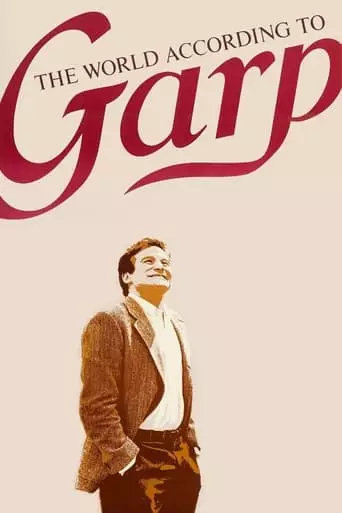
A struggling young writer finds his life and work dominated by his unfaithful wife and his radical feminist mother, whose best-selling manifesto turns her into a cultural icon.
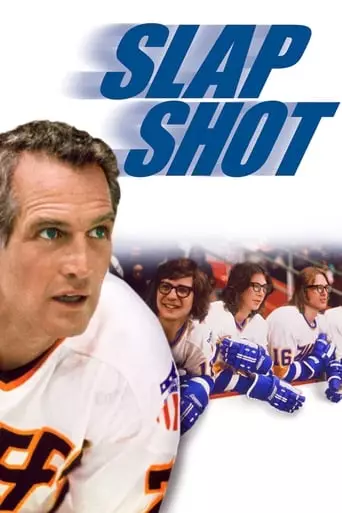
To build up attendance at their games, the management of a struggling minor-league hockey team signs up the Hanson Brothers, three hard-charging players whose job is to demolish the opposition.
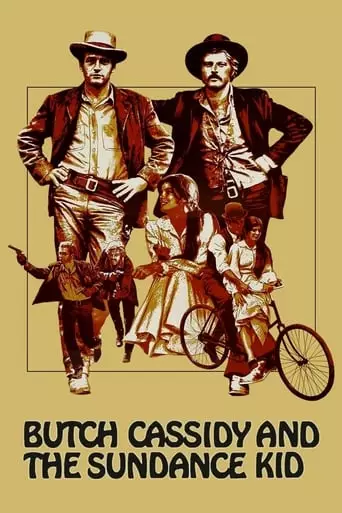
In late 1890s Wyoming, Butch Cassidy is the affable, clever and talkative leader of the outlaw Hole in the Wall Gang. His closest companion is the laconic dead-shot Sundance Kid. […]
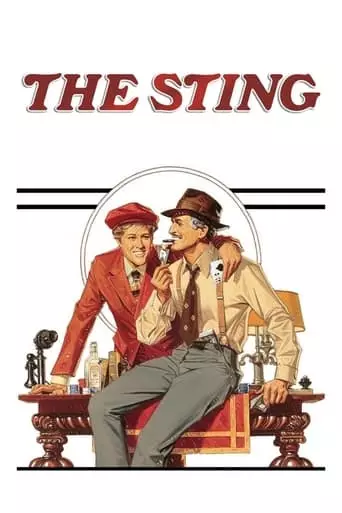
A novice con man teams up with an acknowledged master to avenge the murder of a mutual friend by pulling off the ultimate big con and swindling a fortune from […]
George Roy Hill: A Master of Versatile and Enduring Cinema
George Roy Hill was an American director celebrated for his ability to blend wit, charm, and emotional depth across a wide range of genres. Best known for classics like Butch Cassidy and the Sundance Kid (1969) and The Sting (1973), Hill crafted films that captured audiences’ imaginations with their engaging stories, memorable characters, and timeless appeal.
Hill’s career spanned over three decades, and his directorial style was marked by a keen understanding of human relationships and an ability to balance humor with poignancy. His films not only achieved critical acclaim but also resonated deeply with audiences, leaving a lasting legacy in Hollywood.
Early Life and Career
George Roy Hill was born on December 20, 1921, in Minneapolis, Minnesota. He attended Yale University, where he developed a passion for music and theater. During World War II, Hill served as a Marine pilot, an experience that would later influence his work on films like The Great Waldo Pepper (1975).
After the war, Hill pursued a career in writing and acting, working on Broadway and writing for television. He transitioned to directing in the 1950s, starting with television dramas before making his feature film debut with Period of Adjustment (1962), a screen adaptation of Tennessee Williams’ play.
Iconic Films
Butch Cassidy and the Sundance Kid (1969)
One of Hill’s most beloved works, Butch Cassidy and the Sundance Kid starred Paul Newman and Robert Redford as charismatic outlaws navigating the decline of the Old West. The film’s blend of humor, action, and melancholy resonated with audiences, and its unconventional ending became iconic.
Hill’s use of innovative techniques, such as the sepia-toned opening sequence and Burt Bacharach’s memorable score, added to the film’s unique charm. It won four Academy Awards, including Best Original Screenplay, and solidified Hill’s reputation as a master storyteller.
The Sting (1973)
Reuniting Newman and Redford, The Sting was a stylish caper film set during the Great Depression. The film’s intricate plot, involving a pair of con men seeking revenge on a ruthless mob boss, captivated audiences and critics alike.
Hill’s meticulous direction and attention to period detail earned the film seven Academy Awards, including Best Picture and Best Director. The Sting remains a quintessential example of the heist genre and a testament to Hill’s ability to craft engaging, character-driven stories.
Slaughterhouse-Five (1972)
Adapted from Kurt Vonnegut’s acclaimed novel, Slaughterhouse-Five was a daring exploration of war, time, and trauma. Hill’s adaptation captured the novel’s nonlinear structure and dark humor, earning praise for its faithfulness to Vonnegut’s vision.
The film won the Jury Prize at the Cannes Film Festival and demonstrated Hill’s versatility in tackling complex, literary material.
The World According to Garp (1982)
Hill directed this adaptation of John Irving’s novel, starring Robin Williams as T.S. Garp, a writer navigating life’s absurdities and tragedies. The film was praised for its blend of humor and drama, with Hill deftly handling the story’s eccentric characters and poignant themes.
Hallmarks of Hill’s Style
Collaborative Relationships: Hill had a talent for working with actors, often drawing career-defining performances from his casts. His collaborations with Paul Newman and Robert Redford were particularly fruitful, creating on-screen chemistry that became legendary.
Genre Versatility: From Westerns to comedies, dramas, and literary adaptations, Hill excelled in diverse genres, demonstrating his wide-ranging artistic sensibilities.
Narrative Innovation: Hill often employed unconventional storytelling techniques, such as nonlinear narratives and imaginative visuals, pushing the boundaries of mainstream cinema.
Emotional Resonance: Hill’s films balanced humor with heartfelt emotion, making them deeply relatable and memorable for audiences.
Legacy and Impact
George Roy Hill’s work continues to be celebrated for its wit, craftsmanship, and timeless appeal. His films have inspired countless filmmakers and remain staples in the canon of American cinema.
Butch Cassidy and the Sundance Kid and The Sting are often cited as benchmarks for character-driven storytelling and inventive filmmaking, while Slaughterhouse-Five and The World According to Garp highlight his ability to adapt challenging literary works.
Hill’s influence can be seen in directors like Steven Soderbergh and the Coen Brothers, who share his knack for blending humor with dramatic depth.
Personal Life
Despite his success, Hill was known for his humility and reluctance to embrace Hollywood’s celebrity culture. He retired from filmmaking in the late 1980s, spending his later years teaching drama at Yale University. Hill passed away on December 27, 2002, at the age of 81, leaving behind a legacy of unforgettable films.
Conclusion
George Roy Hill’s ability to tell captivating stories across genres has secured his place as one of cinema’s great directors. His films, characterized by their humor, emotional depth, and innovative storytelling, continue to resonate with audiences decades after their release.
As a filmmaker who dared to push boundaries while remaining deeply attuned to the human experience, Hill’s legacy endures as a testament to the power of thoughtful and imaginative cinema.